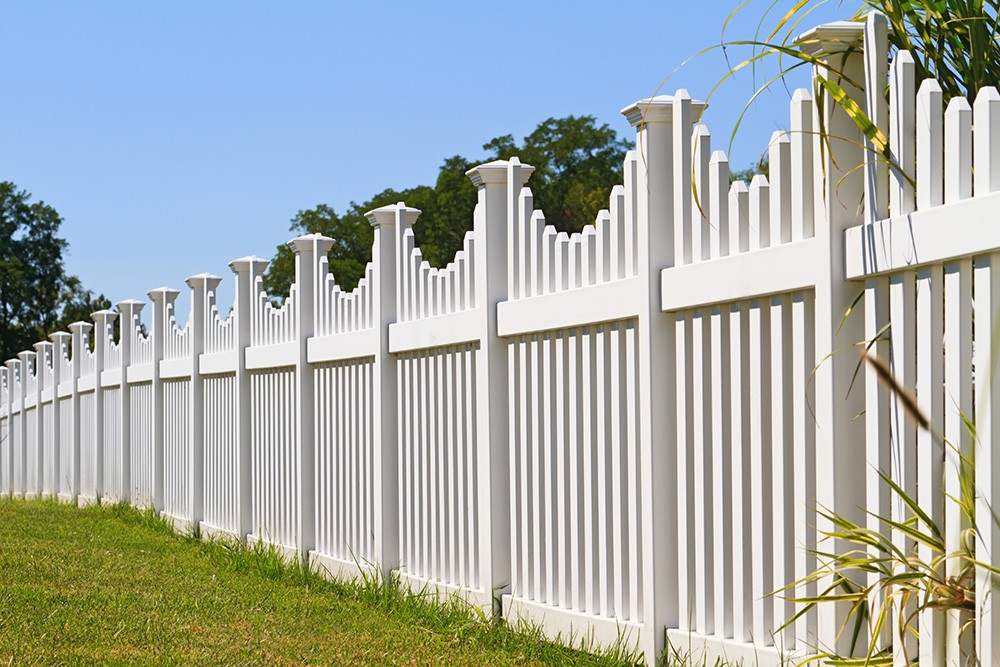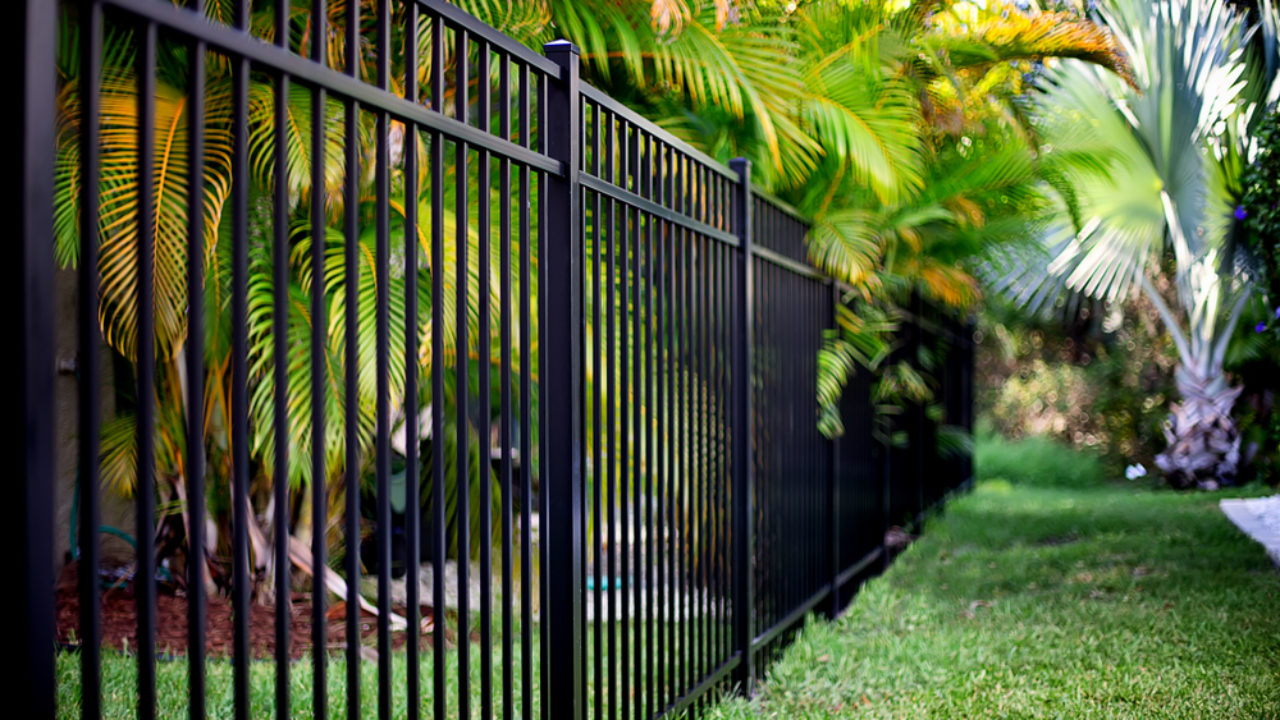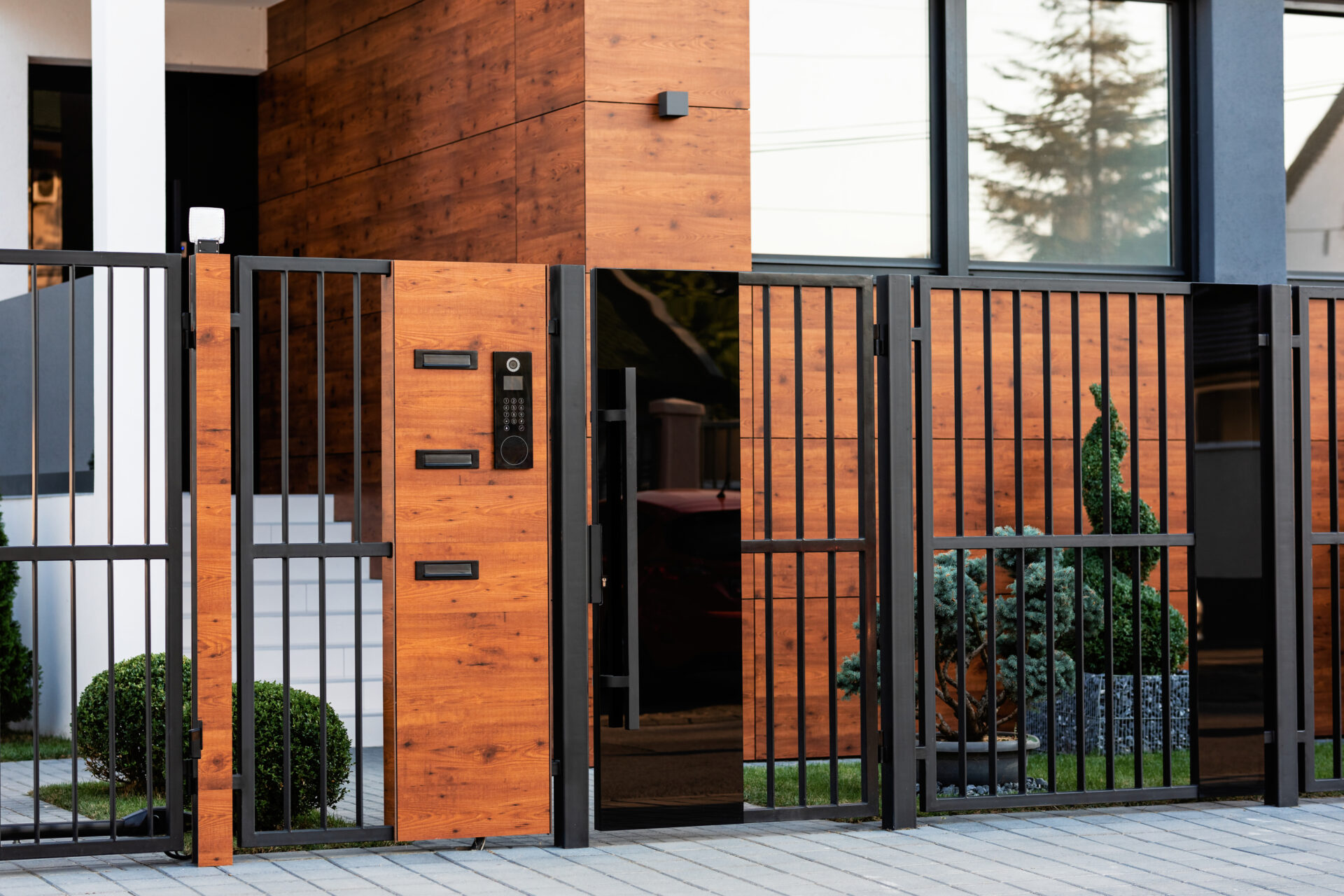Most people want to have a beach home at some point in their lives, especially if they’re heading toward retirement. What could be more relaxing than the sun, fresh air, and the ocean as far as the eye can see? But many beachfront homeowners neglect to think about how to close off the boundaries of their property to prevent trespassers – that’s where different types of fencing come into action.
That’s why fencing can be extremely important, but what kind do you go with? Light? Cheap? Sturdy? It’s really dependent on what you’re looking for and what will hold up best in a beach environment.
Table of Contents
Types of Fencing for Your Beach House
When looking at Beach Fencing, you have several factors to consider. The beach is a very humid environment, so you want a fencing material that is going to be impervious to the weather and moisture.
The salt in the ocean air can also take a toll on the material you’re using for your fence. That narrows down your choices to only a few materials that are suitable for that kind of environment. Not to mention the foot traffic that might be in your area, since you don’t want trespassers wandering through your yard if you didn’t have a fence.
With that said, here are four types of fencing that could be the perfect fit for your beach home.
Wooden Fencing
Wooden fences are one of the classic types of fencing that is easy to paint or stain in any color to match the exterior of your beachfront home. However, they don’t really offer much protection since they’re usually too small and weak to stand up to the weather.
They can be damaged quite easily and are prone to rot from the humid environment of the beach. Often than not, it means that you’ll have to do a lot of maintenance to keep your wooden fence from falling into disrepair.
And that means painting your wooden fence every year in order to keep it in good order. Or you could hire someone else to do it for you, but that can get even more costly than doing it yourself.
You’ll have to inspect your wooden fence on a regular basis to get ahead of any problems that might arise. The one advantage to a wooden fence, however, is that when a panel is damaged, they are relatively easy to replace.
Glass Fencing
Many homeowners go for frameless glass fencing so that their view of the ocean isn’t obstructed. This can be a wonderful way to make you feel less boxed in when you’re in your yard.
The drawback to glass fencing, however, is that it doesn’t afford you much privacy, which is troublesome if you have close neighbors.
You’ll also have to clean the glass on a daily basis in order to maintain that view or else unsightly spots will start to detract from the look.
There’s also the problem with price: it can be expensive. Going with cheaper glass can lead to your fencing breaking during storms or other natural events, and broken glass on the ground creates a hazard for yourself, your family, and your pets.
Although it looks great, glass fencing mostly doesn’t provide you with any privacy, which can be harrowing at night when the lights on inside reveal what you’re doing to the entire world.
Metal Fencing
When wood and glass don’t seem like the best choices, many homeowners turn to metal to solve their fencing problems. It would be great with concrete driveways.
They’re rigid and usually maintenance-free, but that isn’t so when placed in a beach environment. The salty air can really go to town on a metal fence, causing it to rust much faster than you’d expect.
To prevent a metal fence from rusting, you’ll have to invest in some expensive and complicated paints to apply in order to keep the precipitation away. Inspection is necessary to ensure that the paint hasn’t flaked off; if it has, then it needs to be reapplied as soon as possible.
There are other kinds of metal fencing that don’t require protective coating, such as chain link fencing. However, they’re not the best choice for homes and can give off the wrong message as to what kind of home you have.
You’ll really have to look around to find metal fencing that works for your needs and also looks great at the same time without being overly expensive.
Aluminum Fencing
One of the most maintenance-free options for fencing is aluminum fencing. It can even look like wrought iron fencing, but not be as heavy and won’t rust.
Aluminum is one of the strongest and most durable types of fencing material, so you’ll have a lot of years of protection for your property, and it can stand up to moisture without backing down, even without a covering of paint.
The light weight of aluminum means that it’s easier to ship to your property, unpack, and install in no time at all.
Another great feature is that it comes in a wide variety of styles and colors, so there’s always something to choose from. It will last pretty much a lifetime, as long as you regularly check it to ensure that there’s no damage to it.
Conclusion
Finding the right type of fencing for your beach home is an exercise you’ll have to experiment with a few times. But the choice you make should be dependent on what your budget is, the style you’re going for, and how much time you can dedicate to maintaining it on a regular basis.
It doesn’t hurt to shop around or speak to a fencing professional who can talk you through the variety of options available, and even show you samples of what you might be interested in installing.
Speaking to a professional is always the best way to go so that you know what to expect before, during, and after the process of buying and installing your fence on your beachfront property.









